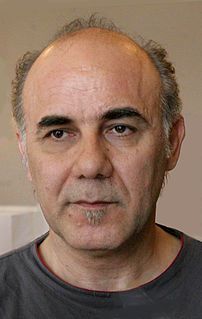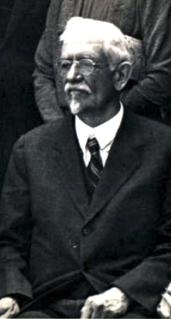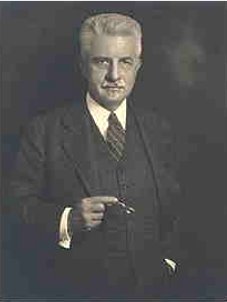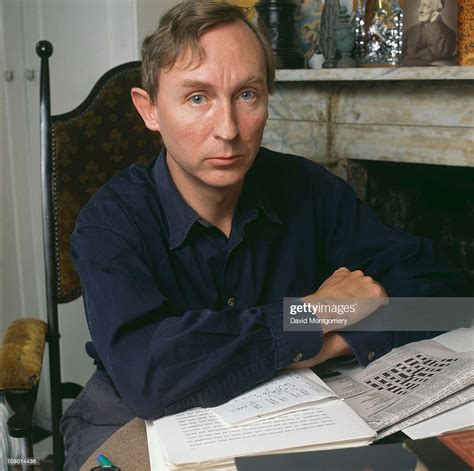A Quote by Steven Wright
I heard that in relativity theory, space and time are the same thing. Einstein discovered this when he kept showing up three miles late for his meetings.
Related Quotes
The supposed astronomical proofs of the theory [of relativity], as cited and claimed by Einstein, do not exist. He is a confusionist. The Einstein theory is a fallacy. The theory that ether does not exist, and that gravity is not a force but a property of space can only be described as a crazy vagary, a disgrace to our age.
More philosophically-minded critics regarded Einstein's argument for relativity as little more than a logical bait-and-switch ploy: "[T]he supposition of most expounders of the Special Theory, that Einstein has proved the relativity of simultaneity in general - or that his 'simultaneity' is something more than a logical artefact - must manifestly be given up.
Even in relativity theory even though you can analyze space - time in terms of this four-dimensional geometrical structure one of the dimensions is different. And this shows up in the equations. It has a different sign - rather than plus it shows up as a negative minus. So even in relativity theory time is distinct from space in terms of the way in which these dimensions manifest themselves in the equations.
I discovered Einstein said the same thing about his celebrated theories of relativity that writers say about their work when he said he didn't have any feelings of personal possession of these ideas. Once they were out there, they came from somewhere else. And that's exactly the feeling when you write. You don't feel possessive about it.
Which is to say that culture is not a reflex of political economy, but
that society is now a reflex of key shifts in music theory and practice....
[Sampladelia is] the sound made by those early-twentieth-century discoveries
in particle physics and relativiity theory, the projection of the minds of
Einstein, Heisenbery, and Bohr, their fateful explorations of liquid time,
curving space, uncertainty fields and relativity theorems, into densely
configured and fully ambivalent android music tracks
Relativity was a highly technical new theory that gave new meanings to familiar concepts and even to the nature of the theory itself. The general public looked upon relativity as indicative of the seemingly incomprehensible modern era, educated scientists despaired of ever understanding what Einstein had done, and political ideologues used the new theory to exploit public fears and anxieties-all of which opened a rift between science and the broader culture that continues to expand today.
Einstein has a feeling for the central order of things. He can detect it in the simplicity of natural laws. We may take it that he felt this simplicity very strongly and directly during his discovery of the theory of relativity. Admittedly, this is a far cry from the contents of religion. I don't believe Einstein is tied to any religious tradition, and I rather think the idea of a personal God is entirely foreign to him.


































